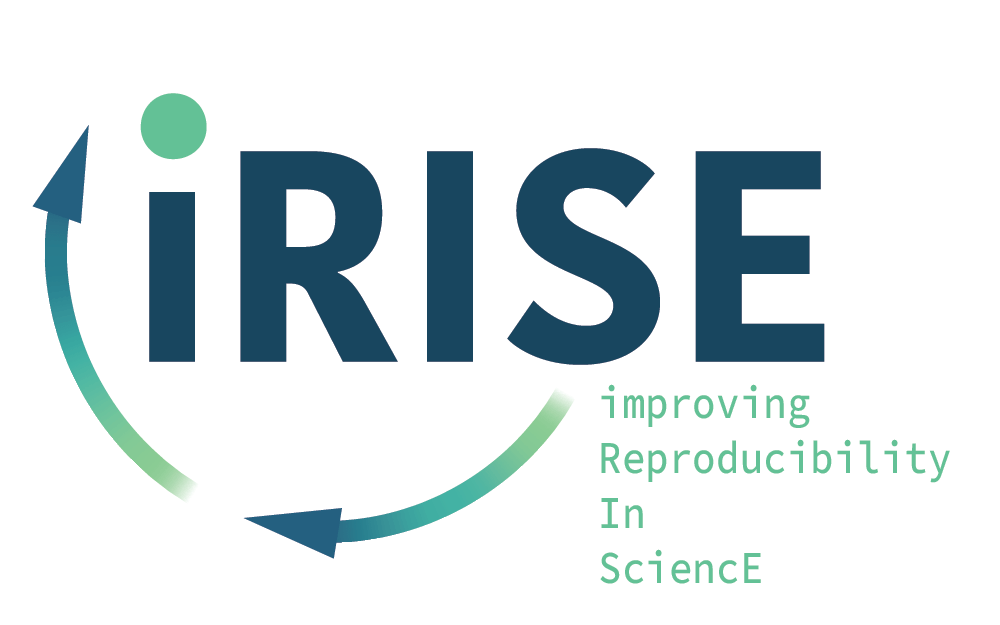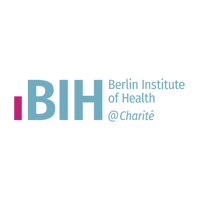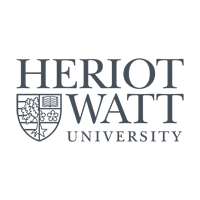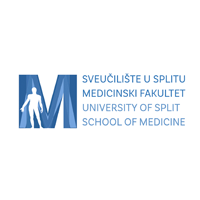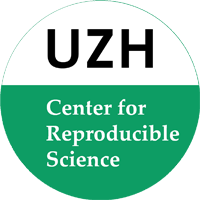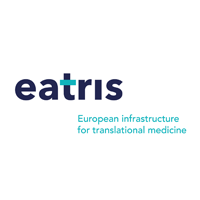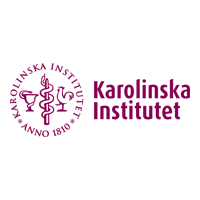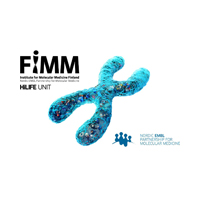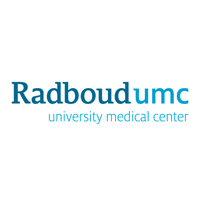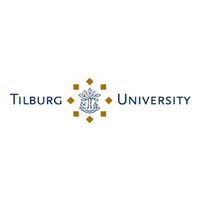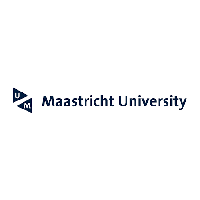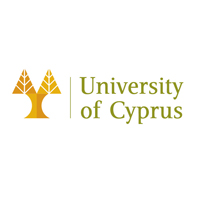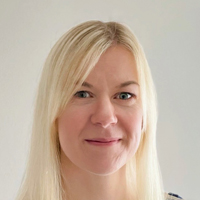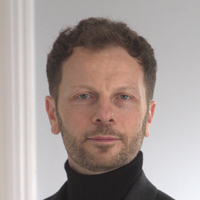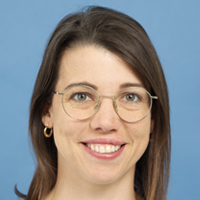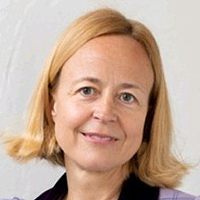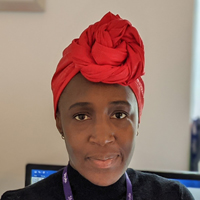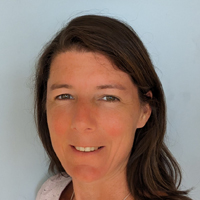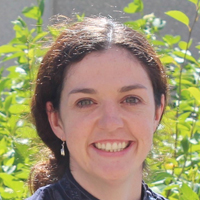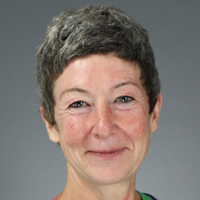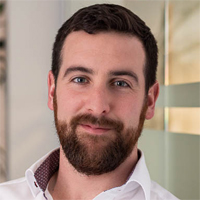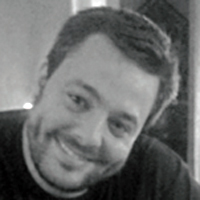








Steering Committee
Our steering committee is made up of our nine workpackage leads.
The steering committee is responsible for project delivery, technical decisions and quality management
Scientific and Ethical
Advisory Board
Our Scientific and Ethical Advisory Board (SEAB) consists of experts representing five key stakeholder groups who will monitor the progress of our work, assess its scientific quality, and provide feedback to consortium members. The SEAB will also consider and highlight any ethical issues that might require attention over the course of the project.
Stakeholder Forum
Our Stakeholder Forum has representation from key stakeholder groups (including researchers, publishers, institutions, learned societies, industry, and infrastructure providers) across career stages, who will provide strategic and scientific advice and feedback on our progress to advance our aims.
Steering Committee
Our steering committee is made up of our nine workpackage leads.
The steering committee is responsible for project delivery, technical decisions and quality management.
Scientific and Ethical Advisory Board
Our Scientific and Ethical Advisory Board (SEAB) consists of experts representing five key stakeholder groups who will monitor the progress of our work, assess its scientific quality, and provide feedback to consortium members. The SEAB will also consider and highlight any ethical issues that might require attention over the course of the project
Dr. Kelly Cobey is a Scientist and Director of the Metaresearch and Open Science Program at the University of Ottawa Heart Institute and an Associate Professor in the School of Epidemiology and Public Health at the University of Ottawa. Dr. Cobey received her PhD in Social Psychology from the University of Groningen in the Netherlands. Her research focuses on the implementation of open science practices and on enhancing the reporting quality of biomedical research. She presently serves as the co-Chair of DORA (Declaration on Research Assessment).
Catriona MacCallum is Director, the Future of Scholarly Research, at Wiley. She joined PLOS from Elsevier in 2003 to launch PLOS Biology as a Senior Editor. She worked in a variety of roles, including on PLOS ONE, and left as Advocacy Director in 2017 to became Director of Open Science at Hindawi. She is a member of the Board of OpenCitations, and a past member of the OASPA Board, the DORA steering committee, the DRYAD Board and the Advisory Board of the Royal Society (Publishing). She is a founding individual of the I4OC (Initiative for Open Citations) and I4OA (Open Abstracts) campaigns. She was a member of the European Commission’s Open Science Policy Platform (2017-2020). She has a PhD in population genetics from Edinburgh University.
Dr James Morris is a Senior Policy Officer at Science Europe working broadly on the topics of Research Culture, Research Assessment, and Research Infrastructures. He joined Science Europe in 2019 and has a background in marine and molecular biology and a strong interest in science communication. Before joining Science Europe he was a Marie Skłodowska-Curie Actions post-doctoral fellow at the Royal Belgian Institute of Natural Sciences. He holds a PhD in Molecular Biology by the University of Southampton, UK.
Tim Errington is the Senior Director of Research at the Center for Open Science (COS) that aims to increase openness, integrity, and reproducibility of scientific research. In that position he conducts and collaborates with researchers and stakeholders across scientific disciplines and organizations on metascience projects aimed to understand the current research process and evaluate initiatives designed to increase reproducibility and openness of scientific research. These include large scale reproducibility projects such as the Reproducibility Project: Cancer Biology and the DARPA supported Systematizing Confidence in Open Research and Evidence (SCORE), and evaluation projects of new initiatives such as open science badges, Registered Reports, and a novel responsible conduct of research training. Errington received his PhD in Microbiology, Immunology, and Cancer Biology from the University of Virginia, MA in Molecular and Cell Biology at University of California Berkeley, and earned a BS in Biology and Chemistry at St. Lawrence University.
Flavio Azevedo is a Brazilian assistant professor of Interdisciplinary Social Sciences at Utrecht University. He held an equivalent position at the Social Psychology department at the University of Groningen from 2023 to April 2024. His research primarily focuses on (1) the political psychology of ideological attitudes and their psychological underpinnings; and (2) integrating open science into higher education. Flavio was a research associate at the University of Cambridge Social Decision-Making Lab and a Fulbright fellow at New York University, New York, USA. Flavio held additional postdoc positions at the Saxony’s Center for Criminological Research (ZFKS) and at the Communication Department of the Friedrich Schiller University Jena. Flavio obtained his Ph.D. in Political Science with a thesis entitled "Ideologies, Ideological Asymmetries, and the Psychological Roots of Political Behavior" at the Center for Comparative Politics of the University of Cologne, a German Excellence Center, obtaining summa cum laude for his disputation and magna cum laude for his dissertation work.
Close and Return
Stakeholder Forum
Our Stakeholder Forum has representation from key stakeholder groups (including researchers, publishers, institutions, learned societies, industry, and infrastructure providers) across career stages, who will provide strategic and scientific advice and feedback on our progress to advance our aims.

















Close and Return
Funded by



iRISE receives funding from the European Union's Horizon Europe research and innovation programme under grant agreement No 101094853. Views and opinions expressed are however those of the author(s) only and do not necessarily reflect those of the European Union or the European Research Executive Agency (ERA). Neither the European Union nor the ERA can be held responsible for them.
